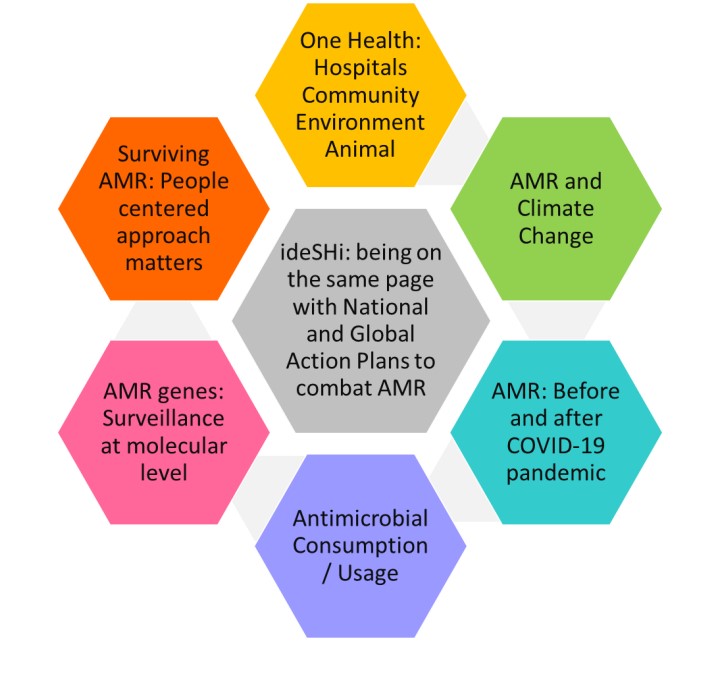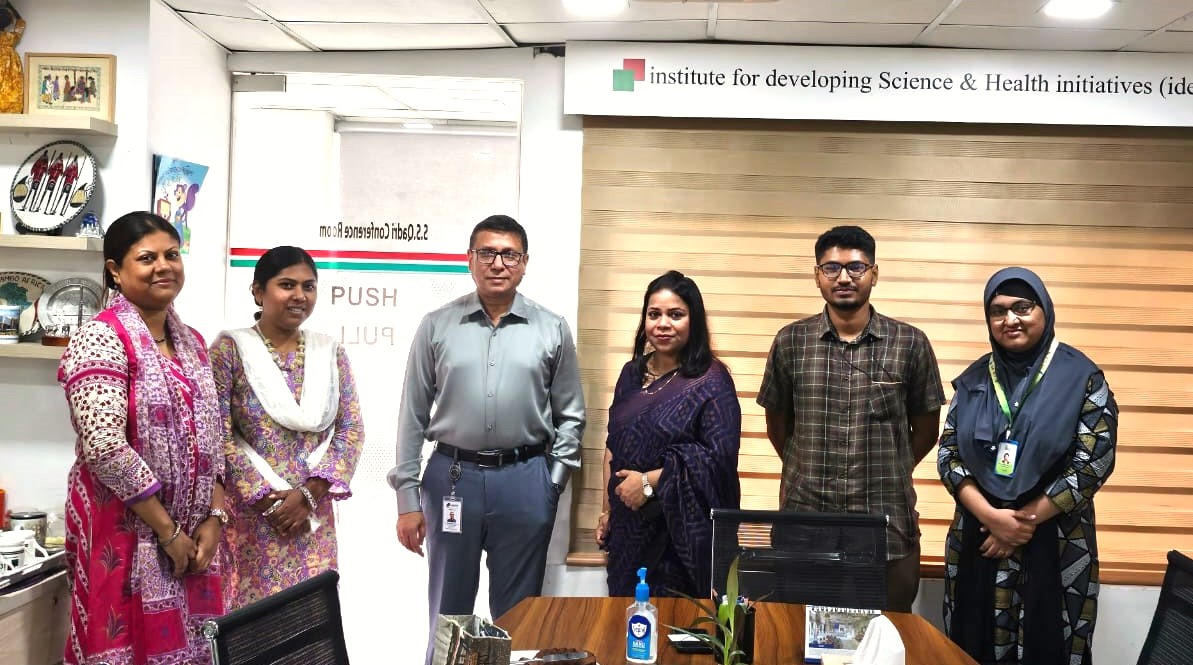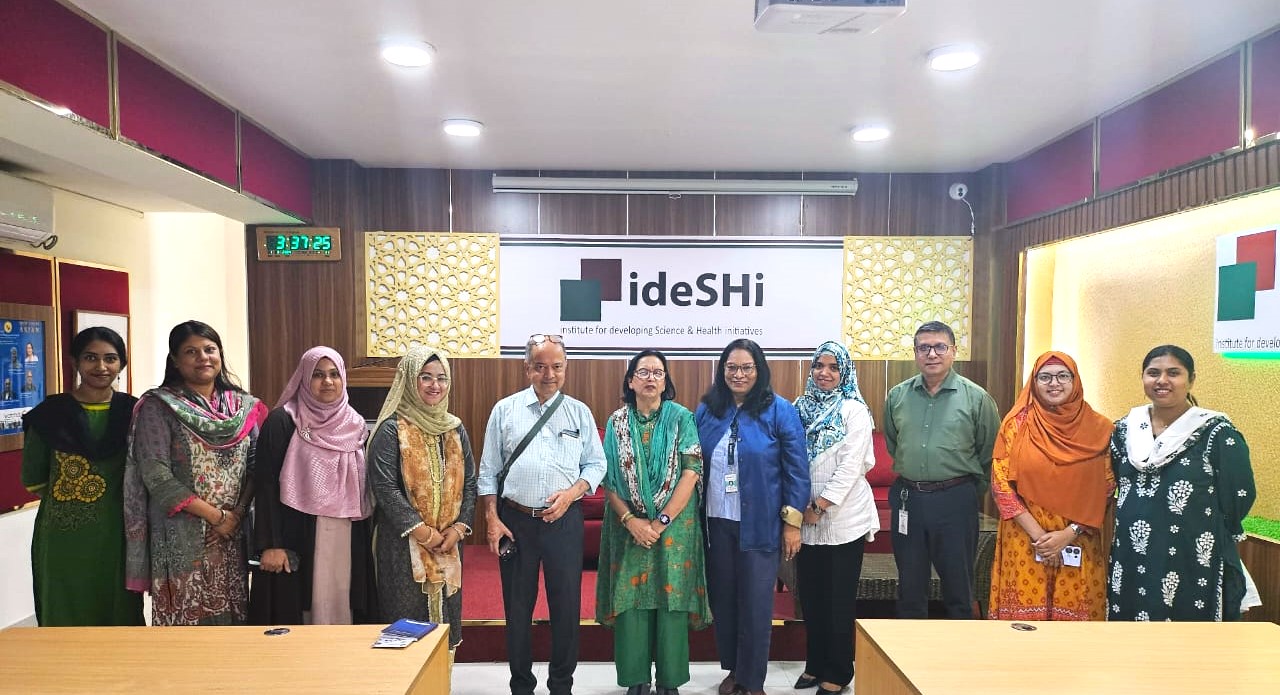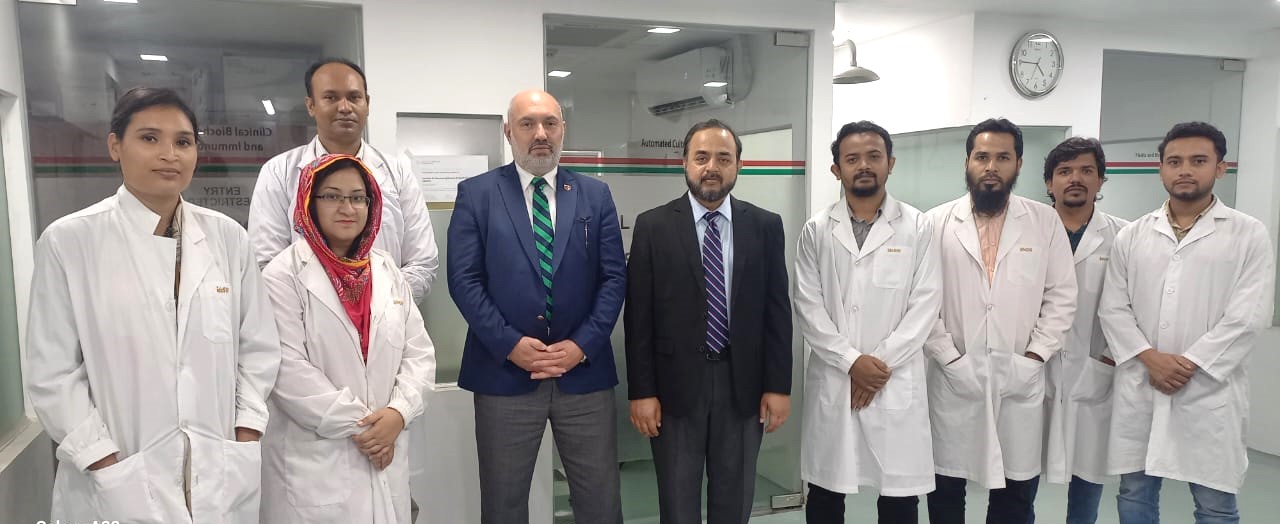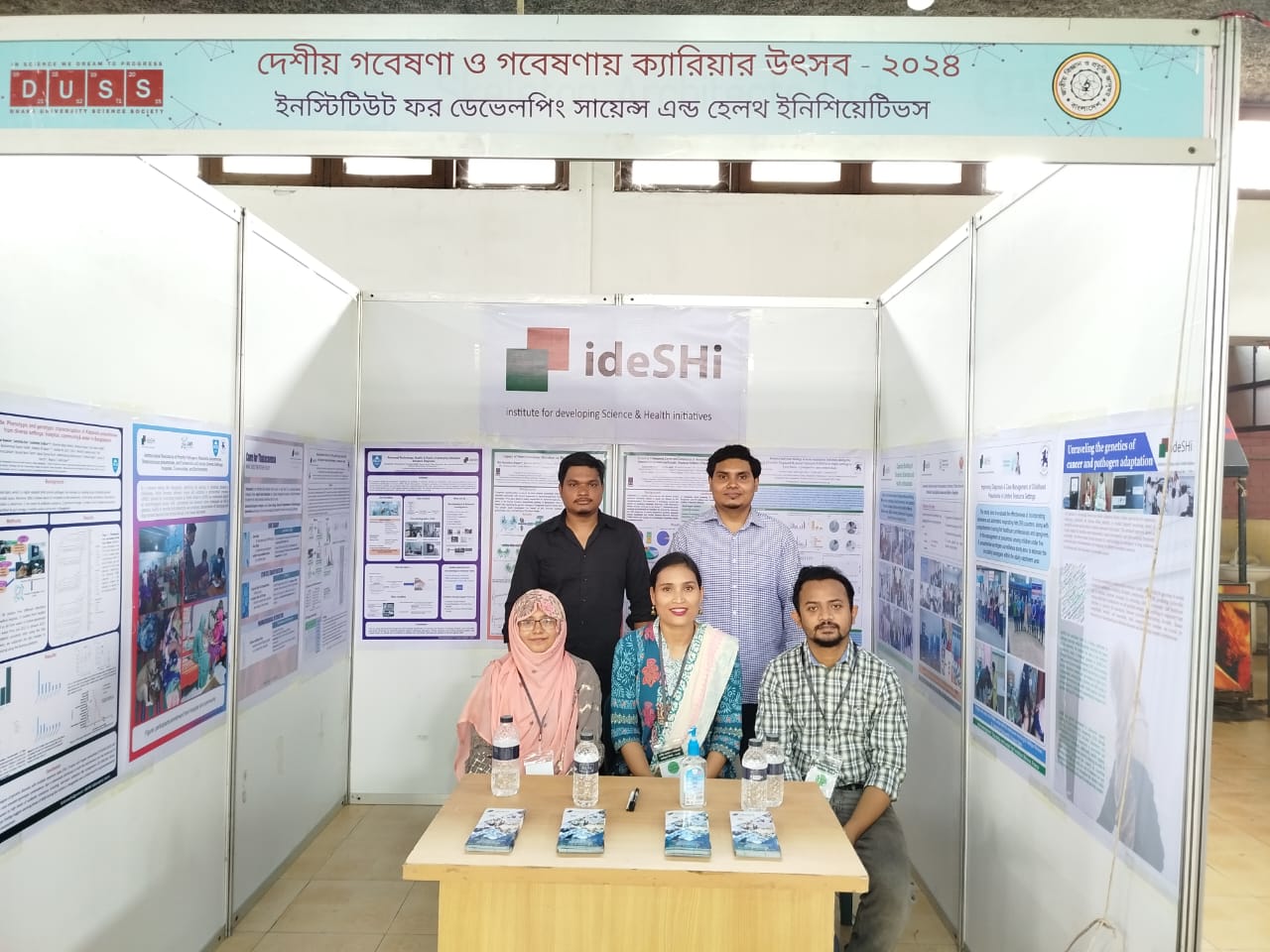18 – 24 November 2023
Antimicrobial Resistance (AMR) occurs when bacteria, viruses, fungi and parasites no longer respond to antimicrobial agents. As a result of drug resistance, antibiotics and other antimicrobial agents become ineffective and infections become difficult or impossible to treat, increasing the risk of disease spread, severe illness and death.
The theme for WAAW 2023 will remain “Preventing antimicrobial resistance together“, as in 2022. AMR is a threat to humans, animals, plants and the environment. It affects us all.
Facilitated with conventional microbiology and automated identification and Antimicrobial Sensitivity Testing (AST), ideSHi has been conducting several projects on AMR profiling of WHO priority pathogens. By including advanced high throughput technologies, we are studying AMR at both phenotypic and genotypic perspectives. In our studies, we focus specially on 1) Klebsiella pneumoniae (Kpn), the notorious Gram negative bacteria causing a broad spectrum of invasive Hospital Acquired Infections; 2) Escherichia coli (E. coli), another commonly isolated Gram negative bacteria causing drug resistant infections in clinical setting as well as normal habitat in human and animal gut 3) Streptococcus pneumoniae (Spn), the Gram positive cocci, one of the predominant etiology for pneumonia in children.
The key objectives of the AMR projects at ideSHi are:
i) to detect the AMR genes and the association with clinical features.
ii) to assess the risk of transmission of AMR genes in human through exposure to the environment and companion animals
iii) to inform the public health policy makers by generating evidence based data on AMR.

